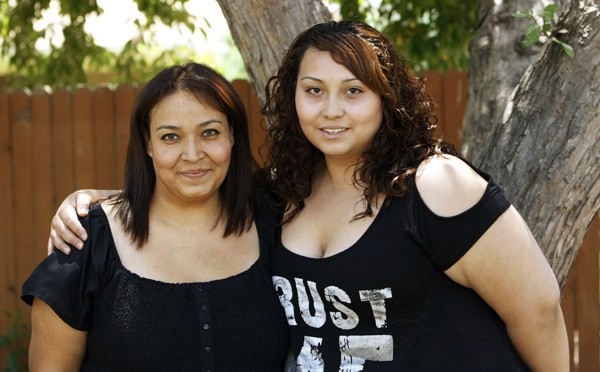A New Zealand study, which was the largest of its type, has discovered that firstborn women were more likely to be overweight or obese than their younger sisters. The findings confirm previous studies' results that first-born adult men, and boys and girls are also more likely to have the highest weight and body fat among their siblings.
The study was a collaboration of the University of Auckland's (New Zealand) Liggins Institute and Swedish scientists. It was published on August 27, Thursday in the Journal of Epidemiology & Community Health. The study included 13,406 pairs of adult sisters from Sweden.
Based on the study's results, it was 30 percent more probable for firstborn women to be overweight than their female siblings. The chance of them becoming obese was 40 percent higher.
Prof. Wayne Cutfield works at the University of Auckland. He said that the study's findings backed up three previous studies. They showed that adult men and children of both genders who were firstborns were also more likely than their siblings to be overweight or obese.
The previous three studies revealed that first born men were more insulin-resistant, which is a risk factor of type 2 diabetes, according to Stuff. Meanwhile, the first-born child had higher blood pressures, which is a risk factor for hypertension.
Cutfield's theory about the study's results is related to the placenta's blood supply. During the first pregnancy blood vessels going to the placenta are thinner. Because it results in a smaller nutrient supply, the firstborn is more likely later to store more fat and have less effective insulin, according to NZ Doctor.
The decreasing family size during the past century has boosted the global ratio of firstborns. This could be a key factor in a higher adult body mass index (BMI) worldwide.
In the United States, more than two-thirds of adult males are clinically overweight or obese. That includes one-third who are obese, and 6 percent who are morbidly obese.



























